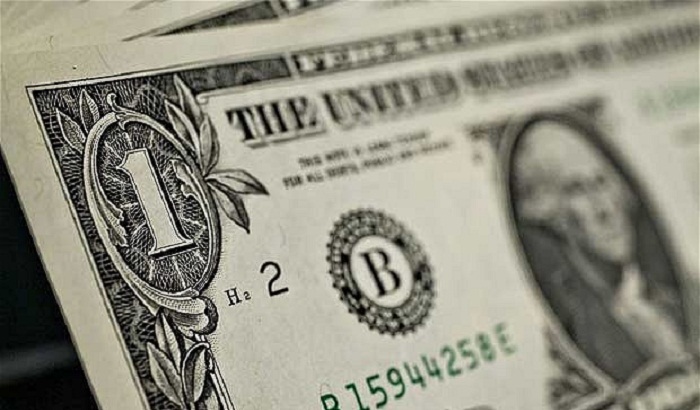US consumer spending rose but the markets focused more on Tuesday`s lackluster inflation numbers. Economists say this, together with weak business investment and the second quarter`s anemic economic growth rate, could encourage the Fed to keep interest rates at current low levels for a while.
"The dollar was ready for a correction after it went through a bullish phase on hopes that the Fed would raise rates. But I don`t see the dollar falling much further from here. The US economy may appear sluggish, but it is not stuck in a downtrend. The currency also serves as a safe haven," said Masashi Murata, senior currency strategist at Brown Brothers Harriman in Tokyo.
The dollar index .DXY was at 95.209, within close reach of the 6-week trough of 95.003 touched overnight. The index was at a 4-1/2-month high of 97.569 as recently as last Monday.
The euro was little changed at $1.1212 EUR= after gaining 0.6 percent overnight to touch $1.1234, its highest since the Brexit referendum.
The dollar was up 0.3 percent at 101.195 yen JPY=. It slid 1.5 percent the previous day when it fell to a 3-week trough of 100.680, amid some disappointment that a Tuesday meeting between Japanese Finance Minister Taro Aso and Bank of Japan Governor Haruhiko Kuroda did not result in steps to weaken the yen.
Junichi Ishikawa, currency analyst at IG Securities in Tokyo, reckons it is matter of time before the dollar breaks below the 100 yen threshold. The dollar briefly slipped below the watershed level in the stormy markets that followed Britain`s vote to leave the European Union, but it has managed to stay above ever since.
"The break below 100 yen after Brexit was an irregular move. But this time, the yen is gaining steadily on fundamental factors like Japan`s improving current account balance and fading impact of BOJ`s multi-dimensional easing," Ishikawa said.
The Japanese central bank eased monetary policy on Friday by upping the amount of its exchange-traded fund purchases, but underwhelmed the markets by holding off from increasing the amount of government bond purchases.
Traders expected Japanese officials to try to talk the yen weaker to at least temporarily thwart a recovery below 100 to the dollar.
They also expected dollar demand to emerge at that level from Japanese investors like
life insurers and pension funds, who have been steady buyers of foreign bonds.
The dollar`s broad weakness helped the Australian dollar as well, as it rose about 1 percent overnight to a near 3-week high of $0.7638 despite an interest rate cut by the Reserve Bank of Australia.
The Aussie last traded at $0.7609 AUD=D4, effectively unchanged on the day.
The currency market awaited the July US ADP private employment report and Institute for Supply Management (ISM) US non-manufacturing activity data due later in the day for immediate cues.
More about:
















































